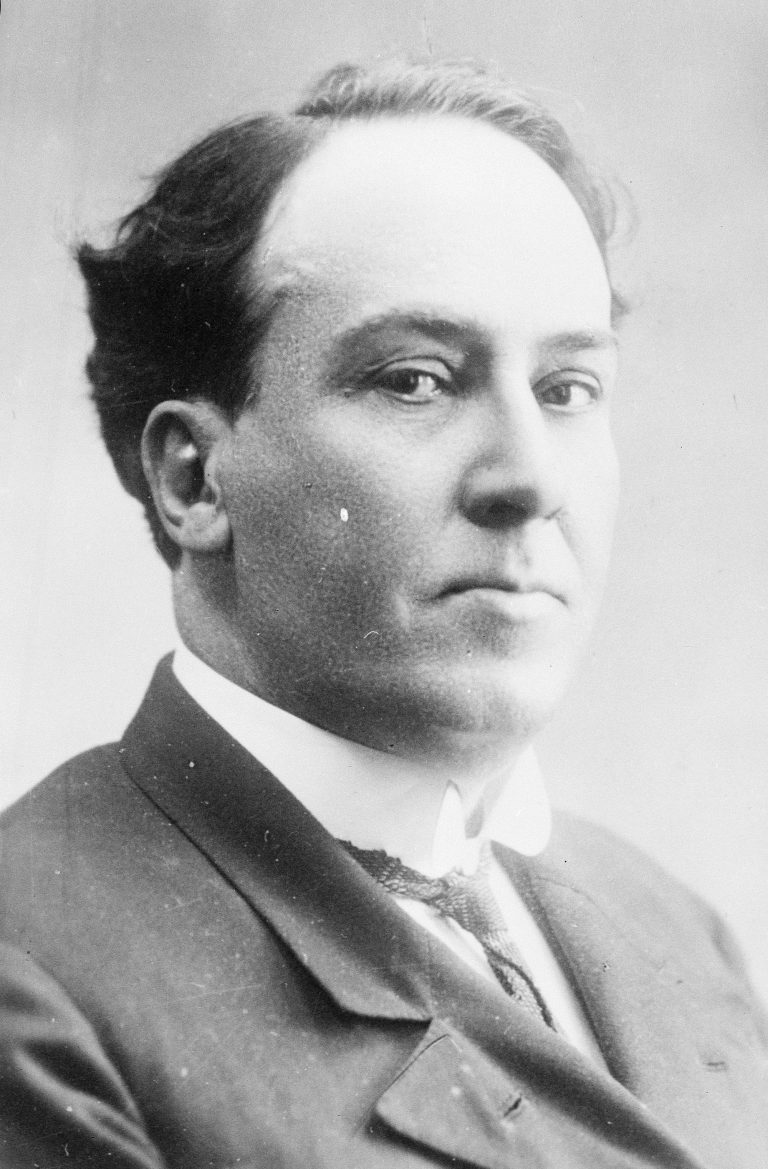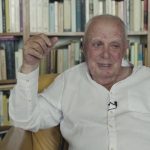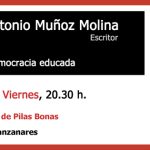Date of Birth: July 26, 1875
Zodiac Sign: Leo
Date of Death: February 22, 1939
Biography
Antonio Machado was a prominent Spanish poet and one of the leading figures of the Spanish literary movement known as the Generation of ’98. Born in Seville, Spain, Machado’s work is celebrated for its emotional depth, philosophical insight, and lyrical beauty. He moved to Madrid with his family in 1883, where he attended the Institución Libre de Enseñanza, a progressive school that profoundly influenced his intellectual development. Machado’s early poetry was heavily influenced by Symbolism and Modernism, but as he matured, his work began to reflect a deeper engagement with the social and political issues of his time. He is best known for his collections “Soledades” (1903) and “Campos de Castilla” (1912), which explore themes of time, memory, and the Spanish landscape. His later work, including “Nuevas canciones” (1924), continued to evolve, showcasing his mastery of poetic form and his deepening philosophical concerns. Throughout his life, Machado was deeply affected by personal and national tragedies, including the death of his young wife, Leonor Izquierdo, and the Spanish Civil War, which forced him into exile in France. He died in Collioure, France, in 1939, a few days after crossing the border to escape the advancing Francoist forces.
5 Interesting Facts about Antonio Machado
1. Antonio Machado’s brother, Manuel Machado, was also a well-known poet and playwright.
2. Machado worked as a French teacher in various cities across Spain, including Soria, Baeza, and Segovia.
3. His poem “Caminante, no hay camino” (“Traveler, there is no path”) is one of the most famous poems in the Spanish language.
4. Machado was a member of the Royal Spanish Academy, one of the highest honors for a Spanish writer.
5. His final resting place in Collioure, France, has become a site of pilgrimage for admirers of his work.
5 Most Interesting Quotes from Antonio Machado
1. “Caminante, no hay camino, se hace camino al andar.” (“Traveler, there is no path, the path is made by walking.”)
2. “La primavera ha venido, nadie sabe cómo ha sido.” (“Spring has come, no one knows how it happened.”)
3. “En mi soledad he visto cosas muy claras que no son verdad.” (“In my solitude, I have seen very clearly things that are not true.”)
4. “Todo pasa y todo queda, pero lo nuestro es pasar, pasar haciendo caminos, caminos sobre la mar.” (“Everything passes and everything stays, but ours is to pass, to pass making roads, roads over the sea.”)
5. “El ojo que ves no es ojo porque tú lo veas; es ojo porque te ve.” (“The eye you see is not an eye because you see it; it is an eye because it sees you.”)
Highest Net Worth Achieved
Antonio Machado’s net worth is not well-documented, as he lived in a time when poets generally did not achieve significant financial success. His wealth would have been modest, as he primarily earned his living as a teacher.
Children
Antonio Machado did not have any children.
Relevant Links
1. [Antonio Machado – Wikipedia](https://en.wikipedia.org/wiki/Antonio_Machado
2. [Poems by Antonio Machado – PoemHunter](https://www.poemhunter.com/antonio-machado/
3. [Antonio Machado – Poetry Foundation](https://www.poetryfoundation.org/poets/antonio-machado
5. [Antonio Machado – Biography and Works](https://www.britannica.com/biography/Antonio-Machado


